ONLY OPPOSITES, NO GRADATIONS in between — it’s either/or.
It’s either night or day.
You’re either a Republican or a Democrat.
You either support immigration or you want to slam the door shut and throw away the key.
When you dwell in the land of polarities, you’re probably the square piece that gets hammered into round holes time after time. Most of us don’t fit at the far end of any spectrum; we’re somewhere in between, with a bit of this and a bit of that. And yet our language often describes a stark world of opposites.
This is “old think,” and it’s being challenged in ways some of us find wrenching. Sexual identity used to be so simple, back when a person was either male or female. There weren’t even any words to describe people who didn’t fit into one of those two boxes. And boxes they were, literally, which found expression on multitudes of forms: application forms, intake forms, insurance forms, etc. Check the box below: “Male or Female.” This polarity was universally accepted and expressed in languages across the globe.
Then new words started creeping in. “Queer.” “Gender Queer.” “Gender-neutral.” “Non-binary.” Followed by pronouns, like “zie,” “zim,” and “zir,” for “he/she,” “him/her,” and “his/her.” Why? Because some people just didn’t fully identify as male or female, but as a mixture, or as simply outside those bounds. Such attacks on the mental structures we’ve grown up with can seem to threaten one’s entire way of seeing the world. It can bring on a kind of mental vertigo. “My whole world is being destroyed.”
Our advice: Relax and go with the flow. “New think” tells us to be flexible and inclusive. Change is at the heart of everything. Diversity is key: there are so many ways to see the world, most of them foreign to each one of us. But don’t let that stop you. Be curious; try to wrap your mind around new ways of thinking so you can understand other peoples’ worlds. Try them on for size. Learn about them and allow them to change your thinking in little ways that seem right. Your world view will expand and new possibilities on many fronts will emerge as you keep growing.





